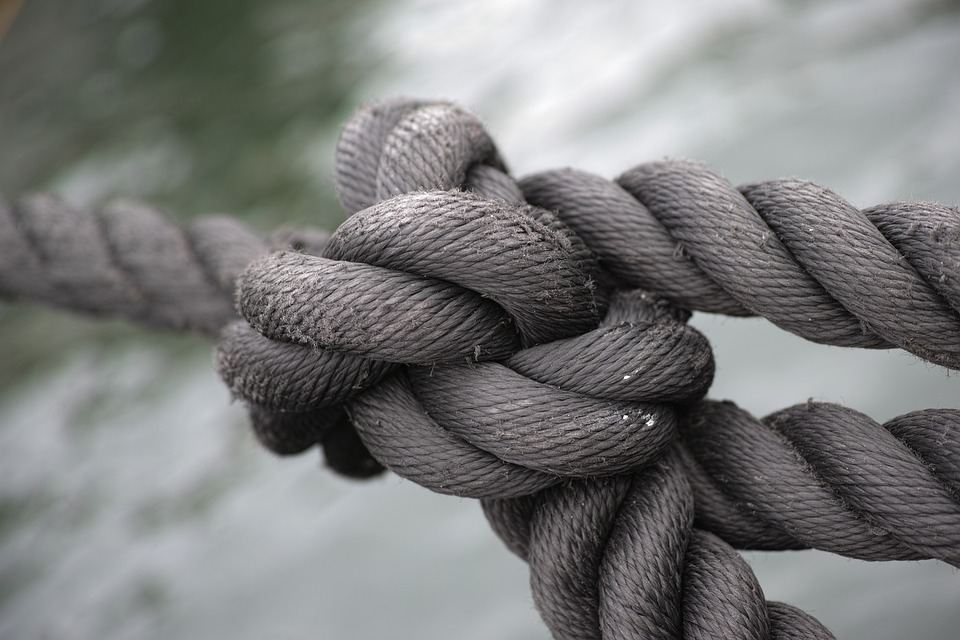My colleague, Katie Elrod, often reminds me that, “Practical wisdom is knowing what to do when you don’t know what to do.”
I’ve been thinking about that a lot lately as a parent. In light of the COVID-19 epidemic, how do we make wise choices? How can we be responsive instead of reactive? What do we do when we don’t know what to do?
Aristotle describes a “golden mean” that lies between two extremes. In this situation, one extreme might be obsessively following every single news update (unless that’s your job!). The other extreme is ignoring the news entirely and wishing it away. It’s that mean between panic and naiveté.
As parents, every challenge -- big or small -- is a chance to model for our children how to navigate life’s uncertainties with the most practical wisdom we can muster.
Last week, PBS KIDS asked me to write a post about how to talk to young kids about the Coronavirus; you can read that here.
But what about our older children -- teens and tweens who are more acutely aware of the news cycle? Here are three “P’s” that parents can keep in mind.
Model Peace
Stress is a biological reaction to perceived threats and challenges. A stress response drives us to act instinctively and protectively: to fight, flee, or freeze.
And stress can be healthy when it moves us to act in sensible ways -- such as America’s newfound interest in properly washing hands!
But too much stress can hijack our ability to reason through a situation. Luckily, we have good tools for calming this stress response when it’s not helping us -- tools that can be used in this or any other situation; tools we can model for our children.
First, deep breathing helps us “settle our glitter” and reset the central nervous system. And as I remind students, you can turn down the fireHOSE by asking these questions:
H: Am I hungry? (And am I eating healthy foods?)
O: Am I overstimulated? (Do I need some playtime, downtime, or family time?)
S: Do I need more sleep? (Because sleep supports physical and psychological health)
E: Do I need to exercise? (Because movement releases “feel good” neurochemicals)
Provide Perspective
Talk to your children about what they are hearing about COVID-19. Fill in the gaps and correct misinformation. Look it up together. Engage them in figuring out what your family can do to be responsible and prepared -- from hygiene habits to having a little extra food and household supplies if-and-when you are stuck at home for a while.
And orient them toward others -- the “why” for taking precautions. Thankfully, kids and teens are not at high-risk physically from COVID-19. But their healthy habits can help protect our elderly relatives, neighbors with compromised immune systems, and other people at risk in our communities.
As Harvard’s Dr. Richard Weissbourd once shared with me, kids and adults alike are “more distressed when we feel helpless and passive, and more comfortable when we are taking action.” The hygiene routines that slow the spread of the COVID-19 are the same habits we should be mindful of all year round as a way to support community health.
Grant Permission
Depending on the temperament of your child, they may be feeling a lot of anxiety or very little! As our kids make sense of this evolving situation, we can also give them permission to feel and to talk to us about those feelings. I often think about this Mister Rogers’ quote: “Anything that's human is mentionable, and anything that is mentionable can be more manageable. When we can talk about our feelings, they become less overwhelming, less upsetting and less scary.”
If you see mounting worry in your child, give them (and YOURSELF) permission to turn off the news for a while, to play a game, to shoot some hoops, to laugh, to dive into schoolwork, to spend time outside in nature, to check in on relatives, to pray, to meditate, to feel what they are feeling.
Finally, don’t underestimate the social and family bonds that can be strengthened when we face challenges together. These moments are a chance to pull close; to reach outward in care, prayer, and solidarity; and to show our kids that we can figure out “what to do when we don’t know what to do.”






